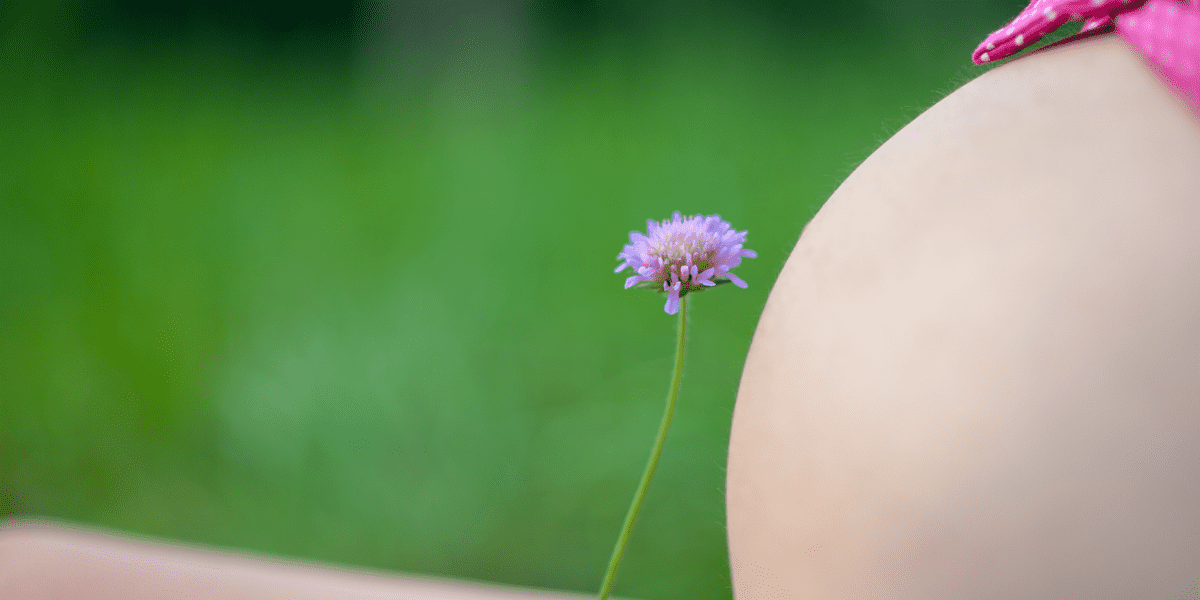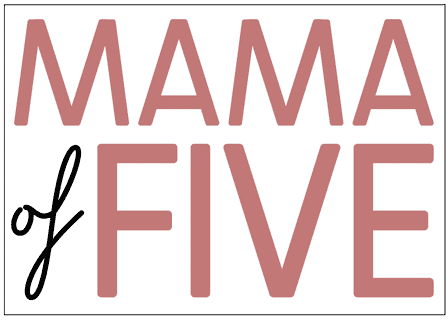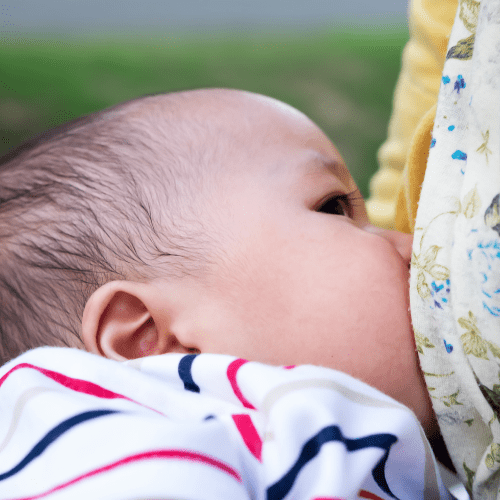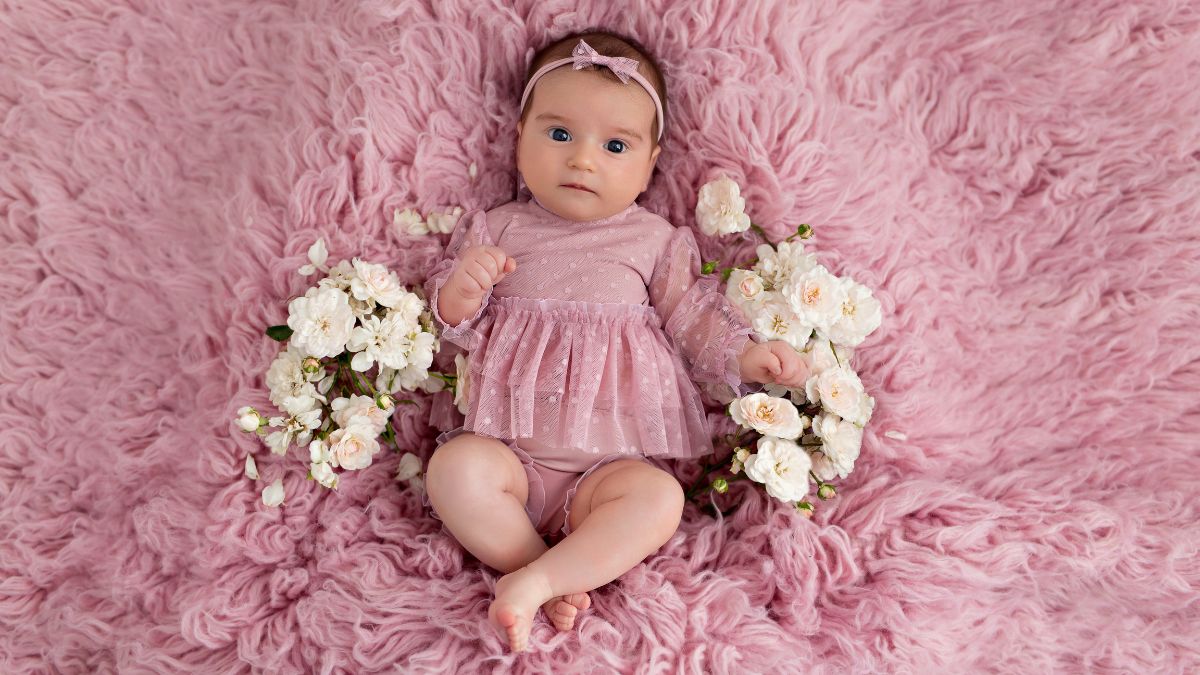Baby showers have origins dating back all of the way to Ancient Egyptian and Ancient Greek times. The history of a baby shower during this time is that the mother was expected to isolate during pregnancy.
Once isolation had finished, friends and family marked the end of isolation and pregnancy with gifts.
Baby showers are not typically defined as being pagan and have been referred to in the bible from time to time.
As an Amazon Associate, I earn from qualifying purchases. The links below may be affiliate links. Please read my disclosure policy for more information.
Pagans will often choose to celebrate in one of two ways, which are listed further on in this article.
Whilst the way in which baby showers are celebrated has changed and evolved over time, the concept is the same.
People gathered in circles of close family members and friends, to offer their good wishes to the mother and baby. Family members and friends would shower the mother with handmade gifts.
Nowadays, baby showers are a bit different. Often themed parties with food, games and more people are invited.
The gifts are often slightly more lavish and the expectant mum will sometimes lay out a list of things that are needed.

Where can you celebrate baby showers?
Baby showers can be celebrated just about anywhere! You can hold a shower privately in a home, or hire a hall out if you are thinking of going big.
Depending on your beliefs, you may choose a specific place to hold a baby shower. Some people prefer smaller affairs with their nearest and dearest.
Some people prefer lavish affairs with lots of people, and some people also prefer not to have a baby shower.
In pagan belief, naming ceremonies are often held outdoors, as the belief is predominantly nature-based and is seen as a suitable location for ceremonies.
How have baby showers changed over time?
Baby showers have changed dramatically over time as society has changed. In the more modest years of Ancient Greece and Egypt, handmade gifts were given to the mother who was expecting a child.
As society and technology have moved forwards, ceremonies have changed too.
The original concept is still practiced today, but you may see more elaborate parties with games, and, more lavish gifts. Handmade gifts will still be given and it’s very sentimental to receive a ‘one of a kind’ gift.

What is paganism?
Records of paganism date back to the fourth century. It is a Latin word used for those who do not worship Judaism or ethnic religions.
Pagans worship nature, goddesses, and gods.
Pagans may form their own celebratory ceremony when a baby is born. The pagan community comes together to celebrate both pregnancy and birth.
Pagan community baby celebrations often include performing rituals, asking for the protection of their child.
Pagans believe in using the nature of the elements such as earth, wind, and fire to help with their call. However, the ritual and the pagan belief itself are very flexible, as there is no book to follow as such. Pagans typically worship and perform rituals as they see fit.
Pagans can choose to celebrate in two ways. They may have a ceremony after the baby is born, or they will have a naming ceremony.
A naming ceremony typically consists of people who are invited to bless the baby and bring gifts. This in itself, is very similar to a baby shower. Naming ceremony traditions date back to the Vikings.
Some believe that a naming ceremony should take place once the baby has shed all of its umbilical cord. Others believe it should take place nine days after the baby is born.
There is no set rule when parents decide to hold their naming ceremony.
If choosing after nine days, the father will hold the baby, and the baby will be sprinkled with water, welcoming the baby into the family. Common locations for naming ceremonies include the outdoors, as pagan beliefs are nature-based.
Prayers may be said at the ceremony asking for protection and acceptance into the world. Children are also given a secret name, along with their first name.
Guardians are also chosen to nurture and protect the baby throughout their life. Guardians are often chosen because they have a strong connection with both family and baby.
They may also say a speech at the ceremony or prayer.
There are also other derivatives of pagan religion which include Celtic and Gaelic paganism. The ceremony is called a ‘saining’ ceremony.
Whereby the element of fire, in particular, is said to represent protection, candles are used and are lit around the baby to represent the element fire and lighting in the darkness.
Charms and incantations are often used to call for protection.
Norse paganism is another derivative of the pagan faith. This practice involves praying to goddesses and drops of water are used on the baby to ask for protection.
Incantations and charms are often chanted again, but there are no specific rituals or rules to follow.
Pagans will follow their own traditions and beliefs to be satisfied with their ceremony and feel protection has been granted.

What is a deity?
A deity is a belief in a supernatural human being. Such as a god or goddess. The word deity is used as it suits religions that believe in more than one god.
An example of a deity would be Zeus in Ancient Greek times. It represents someone who has a god-like status. A word that is commonly used to represent this person is ‘divine’.
Sometimes, within naming ceremonies, people dedicate their baby to a deity. It is believed that by dedicating a baby to a deity, protection is gained and will also link that child to that particular deity.
Sometimes the child is named after that deity, which is also believed to strengthen the connection.
Pagan deity’s
Many pagan deities have different characteristics and are specialists in one area of life, for example, some deities can pray to assist with love, marriage, fertility, death, healing, and so on and so forth.
Some deities are connected more to the elements and nature such as the moon, or the sun, or seasons such as spring and summer.
You can find a deity that you would like to pray to and work with that best matches your personality, or the magic you practice.
What is wicanning?
Wicca is another derivative of the pagan faith. Wicca is a modern take on paganism. People who follow wicca worship the outdoors and nature. Wiccans also practice magic and rituals.
Most pagan faiths do practice magic but it is not of an evil kind, as the religion is based upon worshipping the outdoors and relationships between heaven and earth.
The origins of Wicca lie before Christianity.
Wicanning is a rite of passage. The child is not given a religious path to follow, but is able to make their mind up themselves, and have free will to choose.
A Wicca naming ceremony is carried out in a similar way to other pagan derivatives. An alter will be dressed, and the child will have a special garment to wear.
Parents of pagan children will often use the ceremony to ask for wisdom and guidance in parenting their child. Rituals are also chanted to make the location of the naming ceremony free of negative energy.
The gods of the household are also called upon to form a relationship with the child. This process can also be used for adopted children. There is no rule in pagan faith that states whether the child is born to you or not, instead, considers all children as equal, special, and worthy.
Typically, a prayer will be said within the home, asking for acceptance of the new baby. A cup is then filled with either water, milk, or wine.
People who are present at the naming ceremony, pass the cup around between them, take a sip, and will say a small chant also asking for the baby to be accepted.
A small drop of the liquid is then placed upon the baby’s lips. This practice happens a second time in the house, and then the cup will be left on the altar as an offering to the gods.

What is a blessing way?
Blessingways have North American origins and it is very similar to a baby shower. It is to celebrate the woman becoming a mother and is often organized by people who are influential in the mother’s life.
Such as very close family and friends. There are some typical and traditional gifts and practices that occur in blessing ways.
Beads are a traditional gift. Each person who is invited will bring a bead with them. People who are unable to attend can also send a bead for the blessing way.
The selection of beads will have the mother in mind. Different colored or different stones beads will be chosen that are connected with helping with Labour and delivery.
The beads will then be formed into a necklace or a bracelet for the mother to wear.
Hair brushing and feet washing is another common practice in a blessing way. It is a way of pampering the mother and all participants will be involved.
It is a way of providing support and care to the mother. Herbs will also be used in the water and the herbs selected will represent what they would like for your baby in the future.
Sometimes people at blessings ways will also throw rose petals wherever the mother walks. Or sometimes, a bowl of wildflowers will be placed on a table.
This is so when people leave, they can offer the mother a flower as a symbol of peace, the mother will then accept it wishing peace to the giver in return.
Beltane
Beltane is a pagan religious holiday that is observed in summer. It represents the beginning of summer and fertility.
It is a fire festival and takes its name from the Celtic god ‘bel’ meaning bright one and the failover word teine meaning fire.
With these words combined, they make the word ‘godly fire’. Bonfires are started to purify, cleanse and represent fertility.
Couples can also pledge themselves to the fire, to pledge themselves to each other. Cattle are also driven through the smoke and ashes to represent protection from disease and to promote fertility.
The time where Beltane is celebrated is often a popular time for weddings, couples will also spend a night in the woods and bring back hay and hawthorn.
Hawthorn will then be used to decorate the home. At other times, bringing hawthorn into the home can be deemed as encouraging bad luck, but at Beltane, it represents sexuality and fertility.
There is a tradition of Beltane babies arriving nine months later.

Pagan and Wiccan baby names
Pagan and Wiccan baby names are often inspired by nature and the elements. Pagan names often have spiritual and natural connections to the world.
Wiccan names often refer to symbolism in their names or can relate to magical practices and rituals.
- Adonis – Good looking
- Aether – Bright upper air that was breathed in by Olympians
- Aine – Exudes radiance and bliss around her
- Akasha – Spiritual essence
- Amber – Referring to the gemstone
- Aiden– Little Fire
- Angus – Special or unique
- Blade – Blade or sword
- Caradoc – Someone who is dearly loved
- Celeste – Heavenly
- Chalice – As in the cup and symbolises the woman’s womb
- Dragomir– Something precious and peaceful
- Ember – Unflinching spark
- Fae – Beautiful fairytale
- Fiona – Fair and pale
- Fox – Refers to the animal fox
- Isaura – Soft breeze of air
- Jade – Precious green stone
- Kegan – A small flame
- Leaf – Connection to nature
- Luna – A beautiful night
- Morgana – A circle in the sea
- Neptune – Derived from a Roman god that had power of all seas.
- Pagan – Referring to the pagan faith itself
- Pollux – Crown
- Roane – One with red hair
- Rowan – A lush tree
- Trevor – A person who is wise
- Thalia – To blossom






